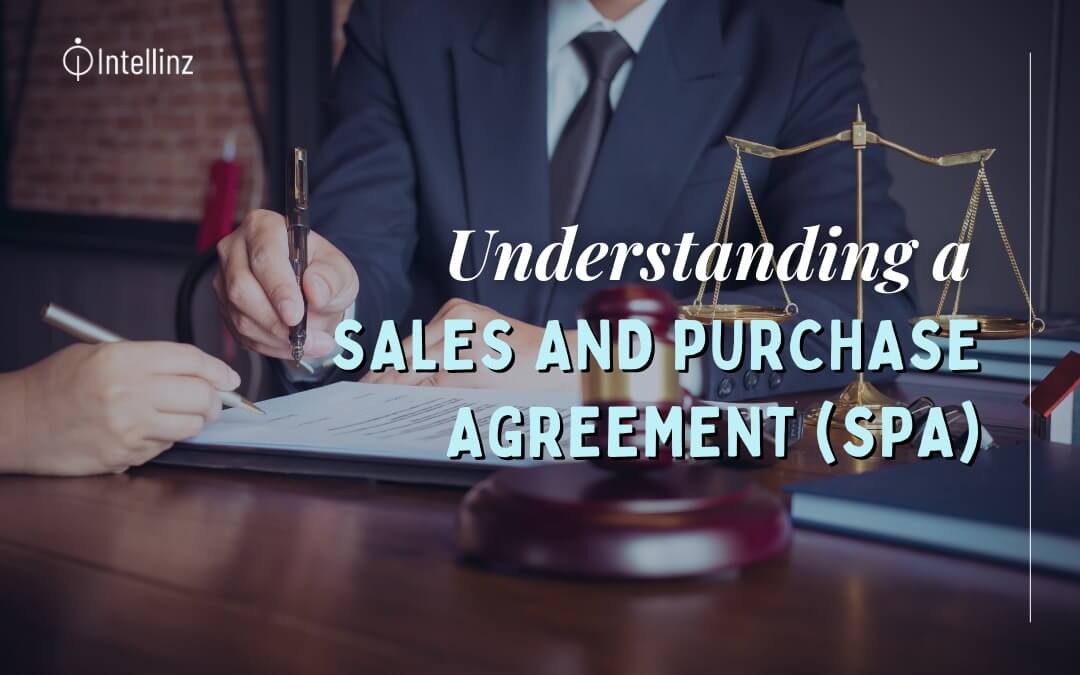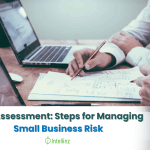A Sales and Purchase Agreement (SPA) is essential in every aspect of real estate transactions since it acts as a legally enforceable contract between the buyer and the seller. The terms and conditions of the sale and purchase of the property are clearly stated in this legally binding agreement. The agreed-upon price, acceptable payment methods, established deadlines, and other transaction-related terms are included in the SPA’s components. Both buyers and sellers feel protected once they have a clear understanding of the SPA and are aware of their respective rights and responsibilities. It’s crucial for people to get advice from professionals in the field, including real estate agents, conveyancing attorneys, and property valuers, to ensure that they understand and are making the best use of SPAs in Singapore’s complex property market.
Overview of the Property Laws and Regulations in Singapore
Singapore’s property laws and rules are designed to maintain a healthy and effective real estate market.
In the SPA, the form of land tenure—freehold or leasehold—is specified. Leasehold ownership is for a specific length of time, whereas freehold ownership offers eternal ownership. The Singapore Land Authority is in charge of setting land tenure laws and regulations, including limitations on foreign ownership.
Certain criteria for the sale must be included in the relevant Law Society of Singapore requirements, ensuring fairness and transparency in the actual transaction. The requirement that the seller discloses any known flaws in the property and the provision of a cooling-off period – which may last up to two weeks – to be supplied should the buyer need to withdraw from the agreement are two good examples of this.
Financing requirements, property tax, and stamp duty are only a few of Singapore’s numerous regulations that apply to property transfers. The type of property being purchased and the purchase amount will determine how much stamp duty a person will pay. The annual valuation of the property is used to determine how much property tax is due. Financing regulations cover loan serviceability evaluations and loan-to-value ratios.
The Process of a Sale and Purchase
Agreement in Singapore
Working with Property Agents in Singapore
In Singapore, it is typical for the majority of parties to collaborate with real estate brokers when entering into a sale and buy agreement transaction.
Property agents have a big responsibility to make sure that both buyers and sellers are aware of the conditions and deadlines of the deal. Additionally, it is their responsibility to ensure that the agreement’s terms and conditions appropriately reflect the particular property in question.
Determining the Sale Price
Setting the price requires taking into account several variables, such as the state of the market, the terms of the financing, the value of the inventory, particular occurrences that can have an impact on the value of the target, and the possible growth of the company.
Time Frames: Completion Date
An important requirement of the agreement is that both parties carefully adhere to the completion date stated in the SPA. It is the day on which the property passes into the buyer’s ownership, and the buyer takes possession of it.
Both buyers and sellers must make sure that all required paperwork, such as mortgage agreements, conveyancing attorneys, and property appraisal reports, are in order. There may be serious financial repercussions for all parties if either of them failed to effectively plan for completion, causing delays.
Protecting Intellectual Property Rights
Singapore’s Sales and Purchase Agreement (SPA) places a high priority on protecting intellectual property rights. The SPA can include the transfer of intellectual property (IP) rights related to the property being sold, even though it is typically used for the sale and purchase of tangible items. To safeguard the interests of both the buyer and the seller, intellectual property rights, including copyrights, trademarks, patents, and proprietary technology, can be extremely valuable.
The SPA shall disclose and address all intellectual property connected to the property. Intellectual property use licenses or permits must be handed to the buyer. Both parties gain from the SPA’s protection of intellectual property rights.
Involvement of Conveyancing Lawyers for Singapore Property Transactions
Using a conveyancing lawyer for real estate transactions is nothing new in Singapore for buyers and sellers of property. A conveyancing lawyer’s participation in a real estate transaction is essential because they must make sure the sale and purchase agreement (SPA) is acceptable under the law and beneficial to their client.
Legal Issues to Note When Engaging in SPA Transaction
Buyers and sellers should be aware of potential legal concerns before entering into a Sales and Purchase Agreement (SPA) transaction in Singapore. Intellectual property rights, property tax split, and breach of contract claims are only a few legal issues that could have a big impact on both parties.
Buyers of commercial properties must also pay GST, which is determined as 8% of the sale price or the property’s market value, whichever is higher. Only the commercial element of properties with mixed-use development is liable to GST.
It’s important to note that buyers of real estate can benefit from several GST exclusions. For instance, GST doesn’t apply if the property is used for domestic reasons. The sale of properties owned by a GST-registered person or business is also exempt from GST.
The GST payment is typically paid two weeks following the tax invoice’s due date. If not, there can be fines and interest.
Additional Costs – Stamp Duty, Legal Fees, Miscellaneous Costs
Anyone purchasing real estate in Singapore must pay a tax known as stamp duty. The cost of the property determines the different tax rates. For commercial real estate, the stamp duty rate is set at 1% of the acquisition price if the property costs $180,000 or less. On the other hand, the rate rises to 5% of the purchase price if the property is valued at more than $1,500,000.
Legal costs are an additional cost associated with SPA transactions; the cost depends on the complexity of the case, the kind of property, and several other variables. It is advised that you start a conversation about legal expenses before fully committing and make sure they are accurately and explicitly mentioned in the SPA agreement to avoid any misunderstandings in the future. The amount of legal fees Singapore conveyancing solicitors charge for real estate transactions might vary depending on a variety of factors.
Buyers may incur additional expenditures during an SPA transaction, such as charges for property assessments, inspections, and mortgages. The buyer is frequently liable for these costs.
Drafting the Sales and Purchase Agreement (SPA)
What Components are Included in a Typical SPA Document?
In Singapore, a typical SPA document is made up of the following elements:
Include all property kinds, including freehold and leasehold, single-family homes and skyscrapers, mixed-use or commercial buildings, as well as those that are still under construction, in the agreement to avoid any ambiguity when selling.
- It is essential to specify the estimated value or price of the property in the SPA as this can help to avoid disagreements over the final sale price. An important part of the agreement is the valuation.
- The consideration, which is the amount agreed upon by the parties, includes any changes and contingent payments that may be required.
- The SPA should include the payment schedule, method, and currency to be used during the transaction. It could also state the terms of payment and whether instalments are an option.
- The SPA should specify the terms of the sale, including the name of the seller, such as whether it is a developer or an owner, and any conditions that may apply to the transaction.
- The SPA should emphasize any transactional costs or taxes, such as GST, property taxes, or legal expenses, that are owed by both parties.
- Before the transaction can proceed following the SPA, it might need to satisfy a few prerequisite conditions. These prerequisites can include obtaining funds or authorization from relevant regulatory agencies.
Conclusion
One of the critical parts of writing a Sales and Purchase Agreement (SPA) is ensuring that all terms reflect the exact property in question. It’s essential to include critical details, such as the property’s address, site or floor area, sale price, and any conditions it is being sold subject to.
A sales and purchase agreement is a legally binding agreement obligating a buyer and a seller to the terms of a transaction. The SPA outlines all of the terms and conditions of the exchange and must be signed by both parties. For a smooth transaction of your acquisition, legal advise and concise SPA; Intellinz is always ready to help.






